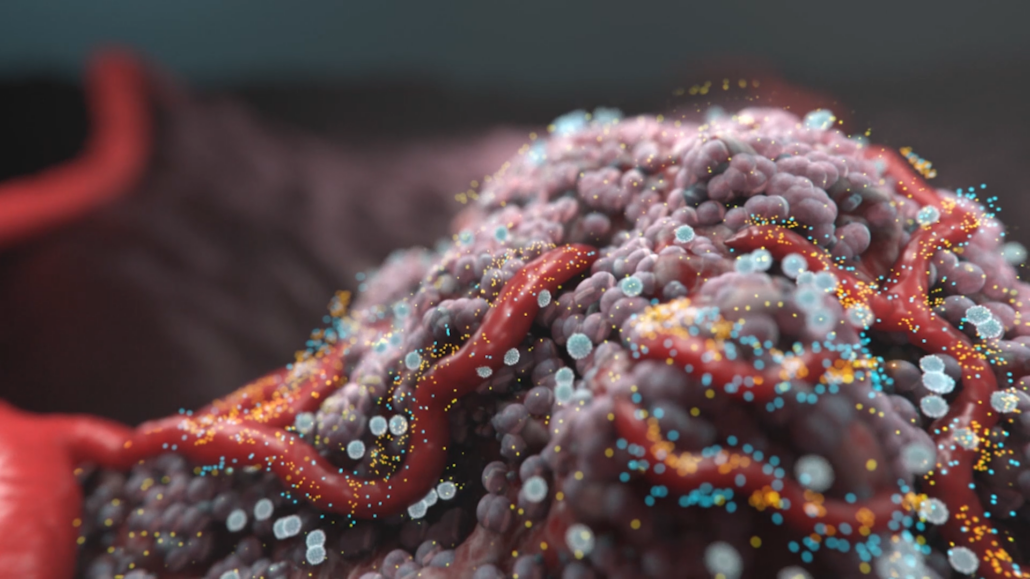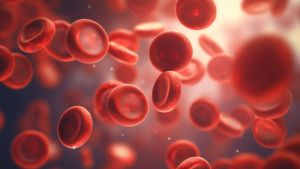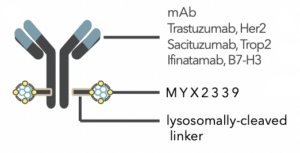
Catalym raises US$150m
German cancer specialist Catalym GmbH has raised US$150m to finance proof-of-concept studies.
The aim in four Phase IIb trials starting in 2025 is to demonstrate the efficacy, safety and licensing potential of Visugromab plus Nivolumab in solid tumours. CatalYm GmbH, founded in 2016, today announced the closing of a USD 150 Series D financing. The oversubscribed financing round was led by Canaan Partners and Bioqube Ventures and supported by Forbion’s Growth Opportunities Fund, Omega Funds and Gilde Healthcare. Existing investors Jeito Capital, Brandon Capital Partners, Novartis Venture Fund and Vesalius also participated.
The proceeds will be used to expand the development of Visugromab in randomised Phase IIb trials in stratified checkpoint-naïve first- and second-line treatments. Visugromab has already shown anti-tumour activity in combination with checkpoint inhibitors.
Visugromab (CTL-002) is a humanised monoclonal antibody designed to neutralise the tumour’s own Growth Differentiation Factor-15 (GDF-15). This is considered a key mediator of immune resistance to cancer therapeutics. In June, CatalYm presented results from an ongoing Phase I/IIa trial (NCT04725474) at ASCO 2024 in Chicago. Treatment data from first-line therapy-resistant lung and kidney cancer patients (NSCLC and HCC, respectively) showed that visugromab plus nivolumab induced strong, durable antitumour activity, leading to complete tumour remission in some patients.
As part of the financing, Colleen Cuffaro, Partner at Canaan, Jon Edwards, Managing Director at Bioqube Ventures and Otello Stampacchia, Managing Director and founder of Omega Funds were appointed to CatalYm’s Board of Directors. Stefan Luzi, Partner at Gilde Healthcare has been appointed as a Board Observer.
GDF-15 is used by cancer cells as a key regulator to block the invasiveness of T-cells. The company believes that Visugrumab is suitable for breaking therapy resistance in the indications of NSCLC, UC, HCC and bladder cancer. The start of corresponding proof-of-concept studies is planned for 2025.


 Bild von frimufilms auf Freepik
Bild von frimufilms auf Freepik
